I reached out to my LinkedIn community and asked them what communication skills and/or body language topics they would want to know more about. I was surprised by the responses. I was expecting traditional topics like. . .
- PowerPoint Tips & Tricks
- Secrets to Decoding Body Language
- The Science Behind Seating Arrangements
- Time Management Strategies
- Avoiding Filler Words (Here – I can answer this is three words: Learn to pause!)
However, the topic most requested was “Tips for Active Listening!”
 Who knew!?! Maybe Nicki Minaj isn’t the only one with this problem after all. In all fairness, we all struggle with this topic from time-to-time. Perhaps it’s because we’re excited to contribute to the conversation, have other things on our mind, or because we’re simply bored with what the other person is saying. Regardless, when the other person perceives that we are not fully engaged then our likeability factor drops and so does our ability to be influential.
Who knew!?! Maybe Nicki Minaj isn’t the only one with this problem after all. In all fairness, we all struggle with this topic from time-to-time. Perhaps it’s because we’re excited to contribute to the conversation, have other things on our mind, or because we’re simply bored with what the other person is saying. Regardless, when the other person perceives that we are not fully engaged then our likeability factor drops and so does our ability to be influential.
I often refer to someone who consistently demonstrates poor listening skills as a “blister” – a bad listener whose consistent lack of engagement and ego causes the relationship to puss and scab over.
Below are three simple tips that if you apply will make you a better communicator and increase your likeability factor. And let’s face it, people want to be around and work with people they like.
It’s worth the investment!!!
1 – Become Sherlock Holmes: Be More Interested Than Interesting
 CAUTION: Ego is one thing that will prevent you from being a great listener and allow you to only hear vs. listen. Therefore, I would invite you to enter every conversation as a detective. Be more interested in what’s being said than trying to showcase how interesting you are. Listen for “red flag” moments where you identify opportunities in someone’s speech to dig deeper, ask meaningful questions, and invest in the relationship.
CAUTION: Ego is one thing that will prevent you from being a great listener and allow you to only hear vs. listen. Therefore, I would invite you to enter every conversation as a detective. Be more interested in what’s being said than trying to showcase how interesting you are. Listen for “red flag” moments where you identify opportunities in someone’s speech to dig deeper, ask meaningful questions, and invest in the relationship.
I recently heard a leader at Yum! Brands speak on active listening and his advice was to turn it into a game. Every time he and his wife go to dinner they challenge themselves to know more about the other couple by the end of the night than that couple knows about them.
There’s no reason your development can’t be fun and entertaining. Here’s to being the best Sherlock Holmes you can be!
2 – Use Body Language to Your Advantage
You can’t be an effective listener without effective body language! Over 65% of how you communicate is conveyed through body language so apply the five key tips below when listening to help build rapport and openness.
- Point Your Feet Directly to the Person
Because it’s the most honest part of the body and it’s just rude not to! - Maintain Between 60-70% Eye Contact
More than70% is just plain “Gary-Busey-creepy!” - Lean In To Show You’re Interested
But please maintain your personal space! “Ain’t nobody got time for that!” - Nod Slowly After Someone Stops Talking
They are 3x more likely to continue and you’ll gain more information! - Minimize Your Power Zones If You Want Someone to Open Up
Diane Sawyer is the master at this!
3 – Know the Feeling You Want to Leave People With
 Your emotional wake is defined as the psychological ripples your presence leaves on others. Every time you communicate with someone, your wake is felt – whether positive or negative. People will make judgments about you and decide whether they to continue the relationship based on the impact of your wake. Therefore, your ability to be an exceptional listener has a significant impact . How would others describe your emotional wake?
Your emotional wake is defined as the psychological ripples your presence leaves on others. Every time you communicate with someone, your wake is felt – whether positive or negative. People will make judgments about you and decide whether they to continue the relationship based on the impact of your wake. Therefore, your ability to be an exceptional listener has a significant impact . How would others describe your emotional wake?
The way I facilitate this concept to leaders is by having them create a list of words or phrases that describe the feeling(s) they want to leave people with. Below are some examples of others’ emotional wake mission statements:
- Live to listen
- Be more interested than interesting
- Listen more than you talk
- How would I want someone to treat my mom
Going forward, knowing what you stand for should be the measure by which you hold yourself accountable. Create your own emotional wake mission statement and then forgive yourself for the past, but don’t excuse it going forward.
Finally, practice! Become a detective at lunch, on the phone, or even next to someone on the plane. Make mistakes and learn from them. Above all else, be intentional about being a better listener and you will see a difference in the way you communicate. As Yoda says. “Do…or do not. There is no try!”
Become a communication superhero!


